Our Blog
Check out our innovative pump solutions and industry insights to see what's new in the pumping industry. Stay up to date with the latest trends and news in the world of pumping technology by following our pumping technology blog.
- Home
- Blog
Understanding the Benefits of Using a 1 Hp Well Pump for Efficient Water Supply
The efficient management of water resources is essential for both residential and agricultural demands, making the choice of the right irrigation pump crucial. A 1 hp well pump stands out as an optimal solution for various applications, providing sufficient pressure and flow capacity to meet average household needs. According to the Water Systems Council, over 14 million households in the U.S. rely on private wells for their water supply, emphasizing the importance of reliable pumping systems. Furthermore, the U.S. Geological Survey emphasizes that properly sized pumps can enhance overall efficiency by up to 20%, contributing to reduced energy consumption and long-term savings. By choosing a 1 hp well pump, users can benefit from an environmentally friendly alternative while ensuring consistent water availability, thus addressing both cost-effectiveness and sustainability in modern water management strategies.
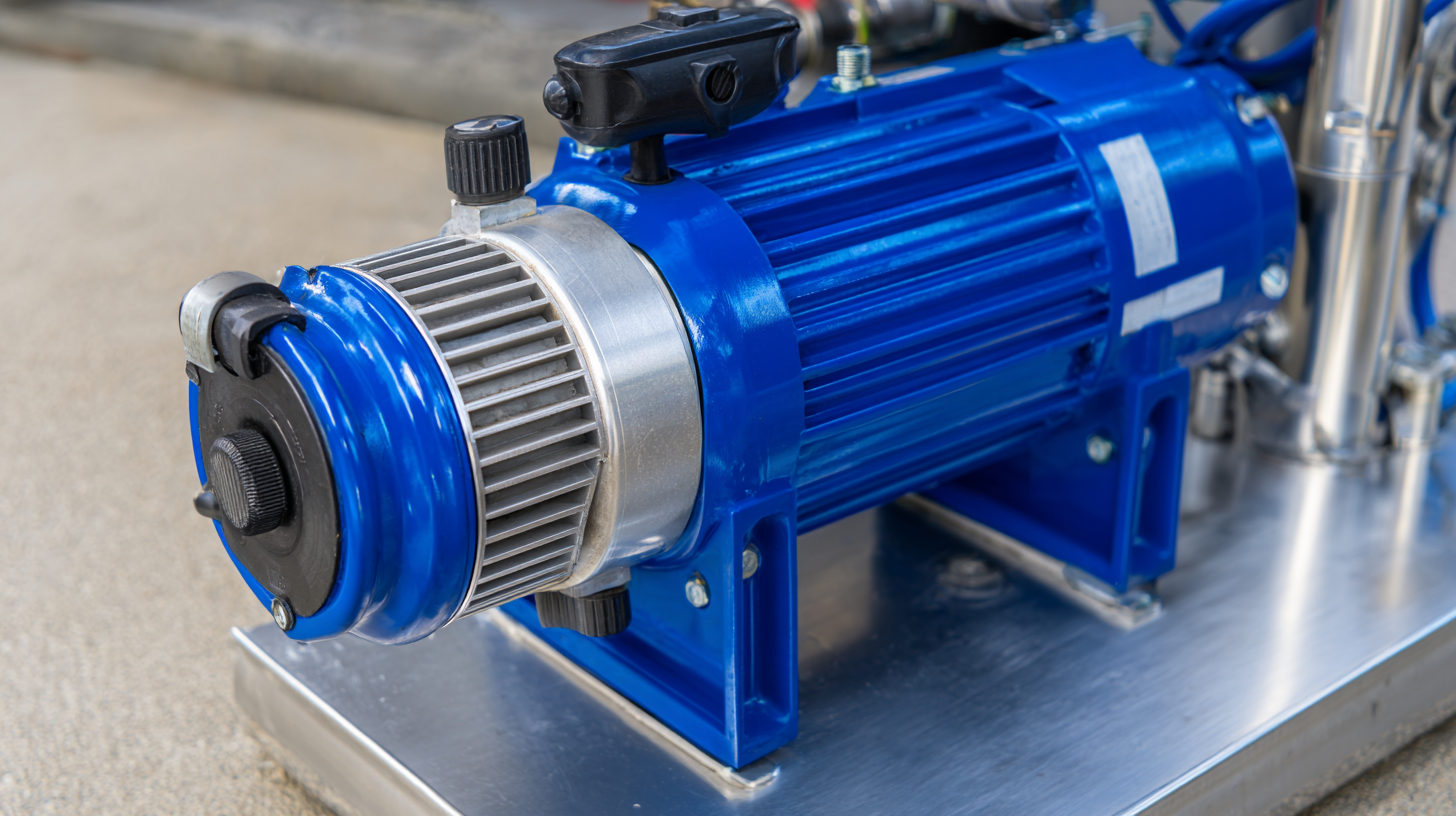
Benefits of a 1 Hp Well Pump for Rural Water Supply Efficiency
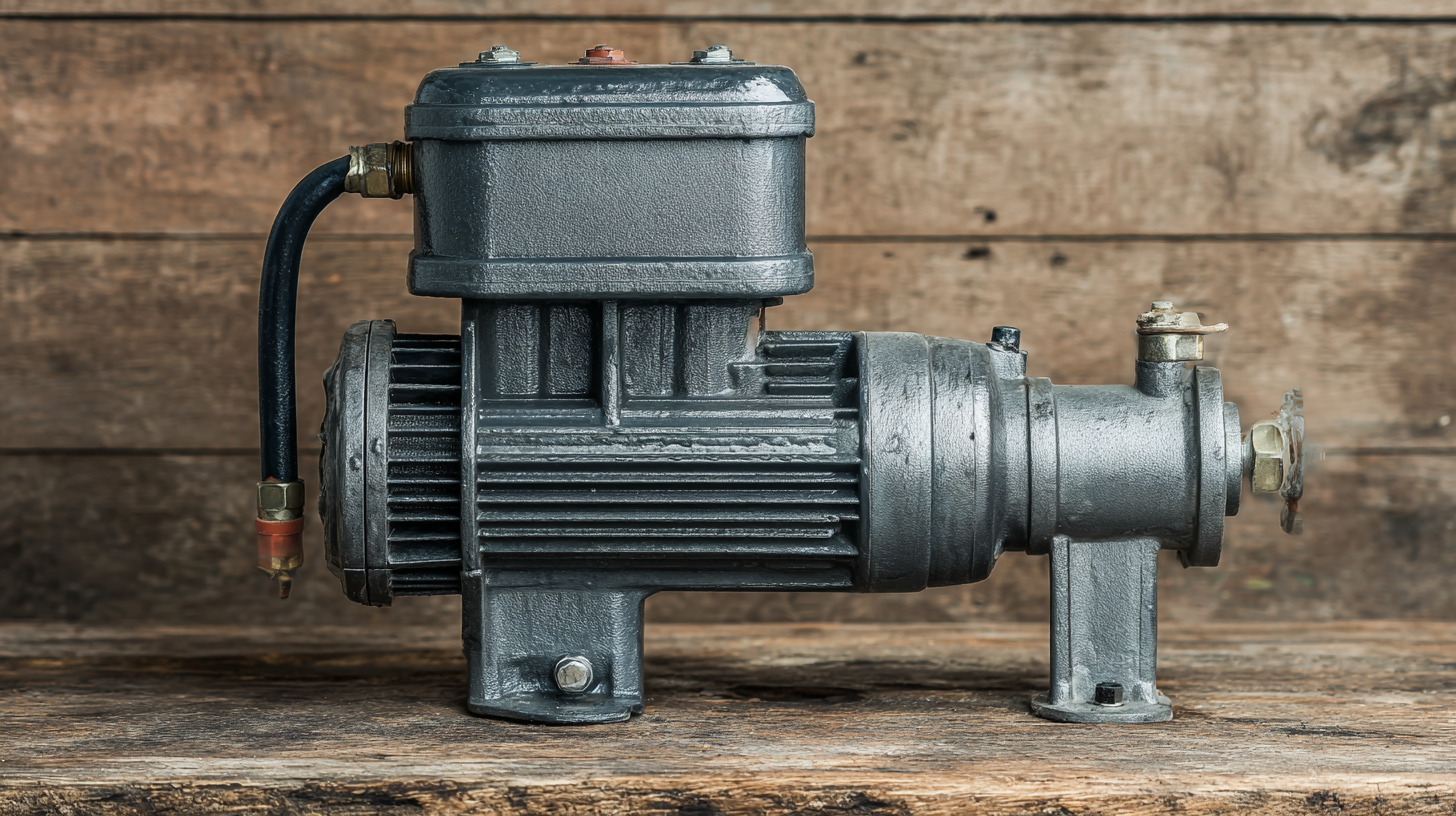 A 1 Hp well pump offers significant advantages for rural water supply efficiency, particularly in areas where access to clean water is crucial for daily living. With its robust power output, a 1 Hp pump can effectively extract water from deep wells, ensuring that households and farms receive a reliable water supply. This is especially beneficial in regions where water tables may vary seasonally or are located at significant depths.
A 1 Hp well pump offers significant advantages for rural water supply efficiency, particularly in areas where access to clean water is crucial for daily living. With its robust power output, a 1 Hp pump can effectively extract water from deep wells, ensuring that households and farms receive a reliable water supply. This is especially beneficial in regions where water tables may vary seasonally or are located at significant depths.
In addition to its extraction capabilities, a 1 Hp well pump is designed for energy efficiency. These pumps are typically more economical to operate compared to larger models, making them ideal for rural communities with limited resources. The lower energy consumption translates into reduced utility bills, allowing residents to allocate their budgets to other essential needs.
Furthermore, with proper maintenance, these pumps demonstrate durability and longevity, providing a consistent water supply and decreasing the likelihood of costly repairs or replacements in the long run. Overall, investing in a 1 Hp well pump contributes to improved water management and sustainability in rural settings.
Cost-Effectiveness: How a 1 Hp Well Pump Saves You Money
A 1 Hp well pump stands out as a cost-effective solution for households seeking reliable water supply without breaking the bank. One of the primary ways it saves money is through energy efficiency. With a horsepower rating of just 1, these pumps require less electricity to operate compared to larger models, thereby reducing monthly energy bills. Additionally, many 1 Hp well pumps are designed with advanced technology that optimizes performance while minimizing power consumption, ensuring that homeowners can maintain their water supply without excessive costs.
Maintenance costs also play a crucial role in the overall savings associated with a 1 Hp well pump. These pumps often have simpler mechanics, making them easier and less expensive to repair. When compared to larger pumps, which may require specialized parts and service, the 1 Hp option can lead to significant savings over time. Furthermore, their durability and reliability typically result in longer lifespans, meaning fewer replacements are necessary, contributing further to financial benefits for homeowners. In essence, investing in a 1 Hp well pump not only offers an efficient water supply but also promotes smarter financial management.
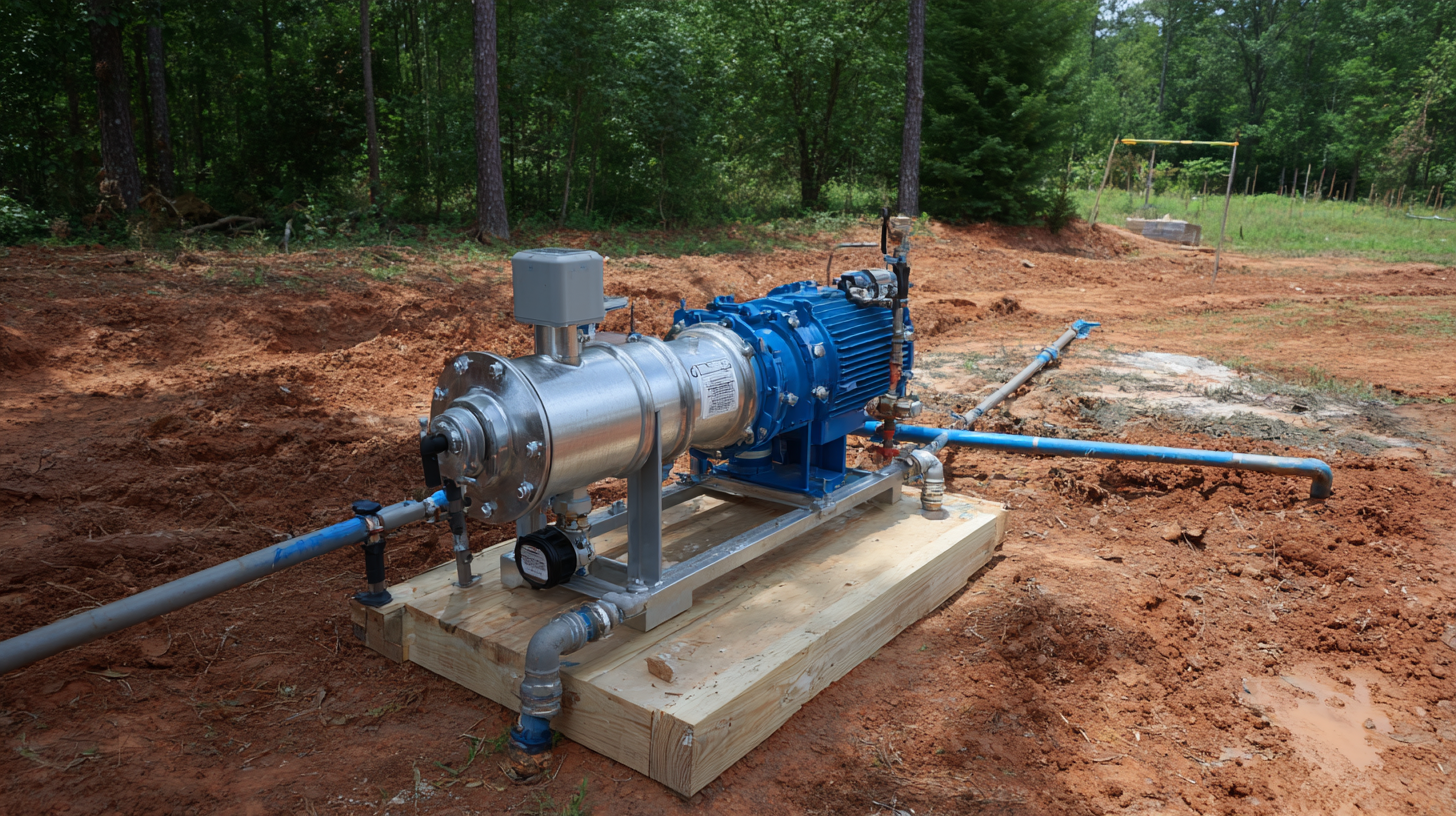
Energy Efficiency: Assessing the Power Consumption of 1 Hp Pumps
When evaluating the energy efficiency of 1 Hp well pumps, one must consider their power consumption and overall performance in relation to water supply demands. According to the U.S. Department of Energy, submersible and jet pumps in the 1 Hp range typically use between 0.75 to 1 kilowatt per hour when running at full capacity. This translates to significant savings over time compared to higher horsepower models, which often consume more energy and can lead to inflated utility bills.
Furthermore, the efficiency rating of a 1 Hp well pump is crucial. The Hydraulic Institute indicates that modern well pumps can achieve efficiency rates of 60% to 70%, depending on design and operating conditions. This efficiency not only minimizes energy use but also decreases wear and tear on the pump, extending its operational lifespan. Despite having a lower horsepower, a well-designed 1 Hp pump can adequately meet the requirements of most residential applications, providing a cost-effective and environmentally friendly solution for water supply needs.
Maintenance Tips for Maximizing the Lifespan of a 1 Hp Well Pump
Maintaining a 1 Hp well pump is crucial for ensuring an efficient and reliable water supply. Regular maintenance not only prolongs the lifespan of the pump but also enhances its overall performance. According to the Water Systems Council, proper upkeep can extend the life of a well pump by 20% to 25%. To achieve this, it is essential to routinely check the pump for any signs of wear and tear, such as unusual noises or vibrations, which may indicate mechanical issues that need immediate attention.
Additionally, keeping the well pump clean and free of debris is vital. The National Ground Water Association emphasizes the importance of inspecting the well casing and surrounding area to prevent contaminants from entering the water supply. Equally important is the regular testing of water quality, as issues such as sediment buildup can significantly affect pump efficiency and water output. Routine professional inspections, ideally every year, can identify potential problems early on, ensuring that the 1 Hp well pump operates at peak efficiency and maintains a reliable water supply for long-term use.
Water Pump Efficiency Over Time and Maintenance Frequency
This chart illustrates the efficiency of a 1 Hp well pump over different time periods, along with the frequency of maintenance required to maintain optimal performance. As time progresses, efficiency tends to decline, highlighting the importance of regular maintenance to prolong the lifespan of the pump.
Understanding Flow Rates: What to Expect from a 1 Hp Well Pump
When considering a 1 Hp well pump for your water supply needs, understanding flow rates is crucial to making an informed decision. Typically, a 1 Hp well pump can deliver a flow rate ranging from 5 to 15 gallons per minute (GPM), depending on several factors such as the depth of the well, the pump's design, and the specific water requirements of the household. This flow rate is generally sufficient for small to medium-sized homes, providing adequate water for various applications, including irrigation, household use, and livestock watering.
Flow rates can fluctuate based on the configuration of the pump and the pump's operational conditions. When selecting a pump, it's important to consider both the static and dynamic head, which determine how effectively the pump can deliver water from the well to its intended destination. In addition, the pump's efficiency at different flow rates plays a significant role in energy consumption, making it vital to match the pump capacity with the household's specific needs. Therefore, a well-evaluated choice of a 1 Hp pump ensures reliable water supply while optimizing operational costs.
Related Posts
-
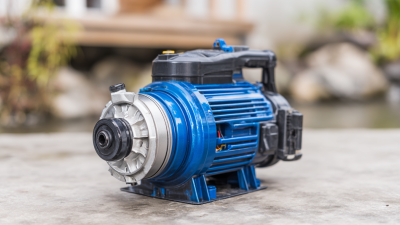
Exploring the Efficiency of Submersible Water Pumps: A Comprehensive Guide for Homeowners
-
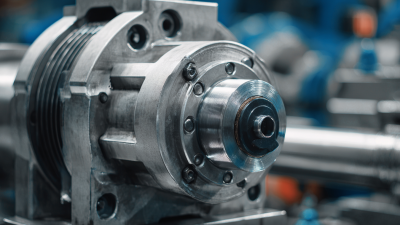
Understanding the Innovations of Pump Manufacturers in Modern Industrial Applications
-
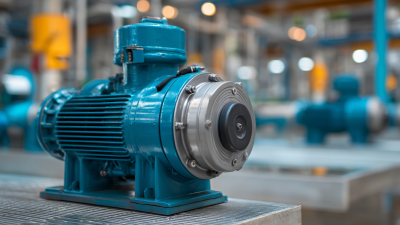
Unlocking Efficiency: The Ultimate Guide to Choosing the Right Motor Pump for Your Needs
-
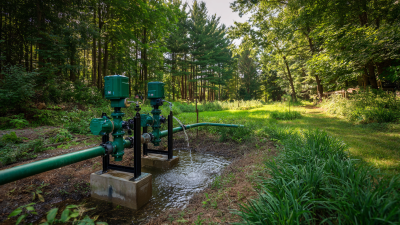
Top 5 Benefits of Upgrading Your Well Pumps for Improved Water Quality and Efficiency
-
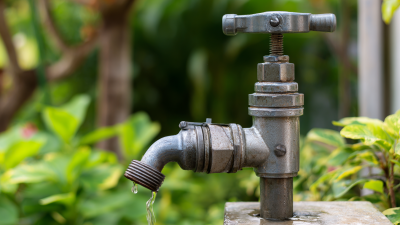
Essential Guide to Choosing the Perfect Well Water Pump for Your Home Needs

